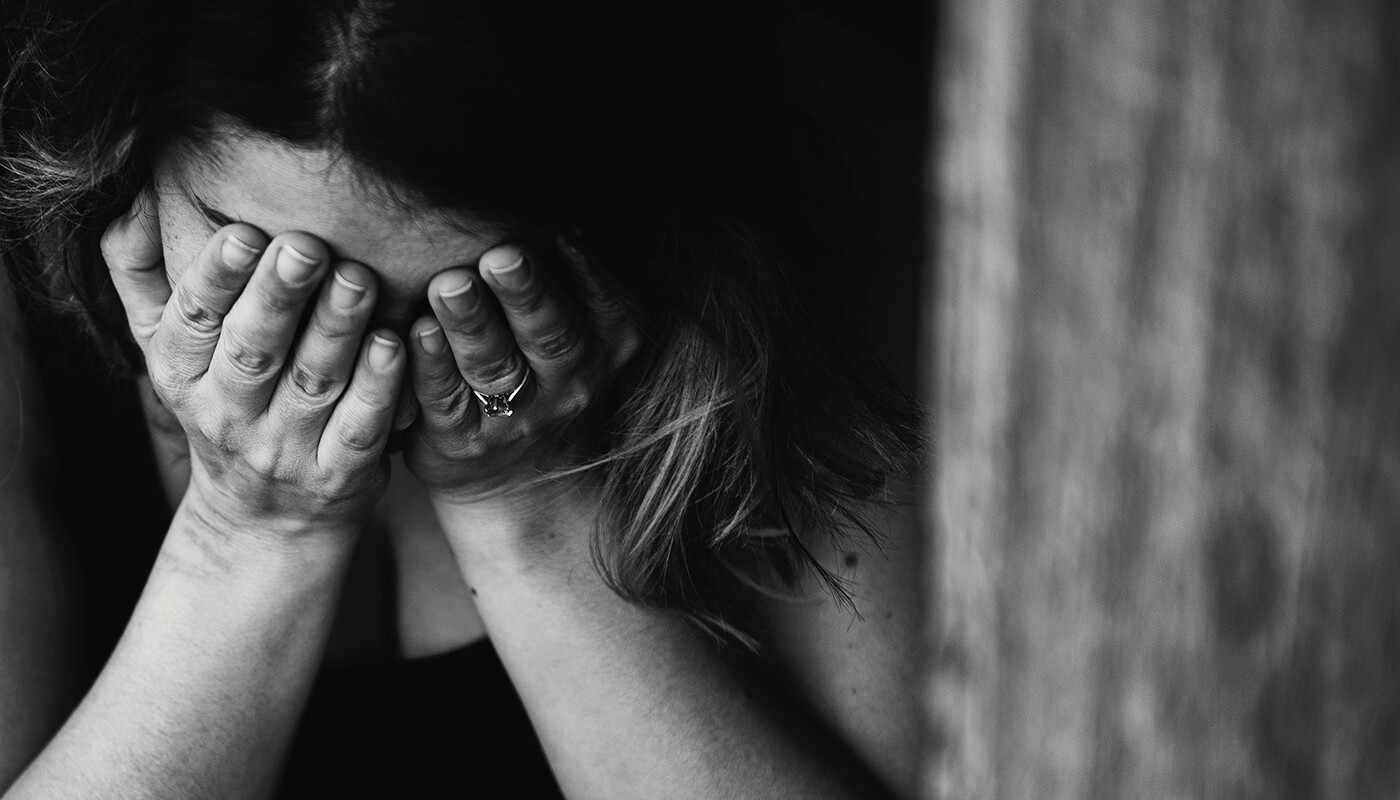
The Silent Killer
Depression takes many forms and exists in differing degrees. Everyone, from time to time, experiences feelings of depression and sadness. When these feeling become prolonged and pervasive, however, individuals may be suffering from major depression. Feelings of dejection, gloom and self-depreciation can become overwhelming and significantly disrupt a person’s ability to function appropriately in the normal tasks of daily living.
What are some of the Symptoms of Depression?
- Feelings of sadness lasting more than two weeks
- Social withdrawal
- Irritability
- Impaired sleep or appetite
- Spontaneous crying spells
- Lack of interest in previously enjoyable activities
- Chronic fatigue
- Decreased sexual desire
- Thoughts of suicide
Did You Know?
- One in four women and one in ten men develop depression in their lifetime.
- Depression can appear at almost any age. Depression among the elderly may be mistaken for senility or a stroke.
- Depression is thought to be the underlying cause of most suicides in the United States.
- Depression is one of the most treatable of all mental illnesses. Between 80-90% of all depressed people respond to treatment.
Causes of Depression
Depression is a complex and multi-faceted, with numerous causes that often interrelate to create and perpetuate this life-crippling condition. When hurt and anger are suppressed for many months or years, both depression and outbursts of anger can occur. Periods of depressed mood often are precipitated by some deep sense of loss: the loss of a job, a relationship, a dream or even a material possession. Other contributing or causative factors for those that suffer from the more severe forms of depression (clinical depression) might include a genetic predisposition or a biochemical imbalance in the basic transmitting substances of the brain.
Typical Responses to Depression
How depression is manifested often depends on age. Children at the grade school age-level may express depressive feelings through hyperactivity, fire-setting, accidental tendencies or bed-wetting. Continual sulking, clinging, separation anxiety, attacks of weeping or sadness, self-depreciation, a lack of interest in things or withdrawal and isolation from family members may also indicate depression.
Adolescents may express their despair by antisocial behavior. When this is met by a lack of understanding and/or punishment, the depression likely will intensify.
Throughout adult development, depression may result from numerous challenges and stresses in relationships, career, empty nest and retirement. Depressed individuals can feel angry, anxious, arrogant, bitter, bored, confused, fearful, guilty, shameful and hopeless. They frequently attempt to ward off negative feelings by repeatedly performing some act that supplants their depressive feelings with something more pleasurable. Such behaviors may include the compulsive use of alcohol, drugs, tobacco, food, sex, money or any other substance, object or person leading to destructive consequences. This attempt to “self-medicate” is designed to relieve depressed feelings, but actually contribute to their perpetuation.
Helping the Depressed
The tendency to feel uncomfortable when others are depressed can lead us to make serious errors in our attempts to help. Among these are providing a list of “justs” for the sufferer: “Just trust God,” or, “Just look on the bright side…” or, “If you just hadn’t taken that job…” Sometimes we share our own experiences with depression and give a prescription for how we “conquered” it. Such comments and comparisons don’t lessen the sufferer’s sense of pain and lead to even greater feelings of alienation, guilt and despair. What does help?
- Let others “own” their feelings. Encourage them to express feelings, even depressive ones, rather than trying to talk them out of their feelings.
- Be available. Depressed individuals may have experiences severe losses in the past. Let them know that others care about them now.
- Be aware that it is not depressive feelings that harm people, but the actions that they may take to avoid those feelings.
When to Seek Help
Mild mood changes are common, and generally require no treatment per se. When a person’s environment is relatively supportive, and an individual has some measure of control over the course of life events, his or her depressive feelings may even go unnoticed. On the other hand, moderate and severe forms of depression are harder to ignore – both by those who experience them directly and by those who are in contact with the sufferer. Major depression is a devastating and potentially fatal condition that should not be faced alone. It is time to seek professional help when you, or someone you love experiences the following signs:
- Three or more symptoms of major depression
- No response to initial attempts to help
- Feeling hopeless and without social support
- Thoughts about suicide
- Any hint of substance abuse
- Impaired ability to care for their family or themselves
Day after day, in case after case, the Sagemont Counseling Center continues to prove that caring for people God’s way…works best. For more information, call us at 281-481-7133.
